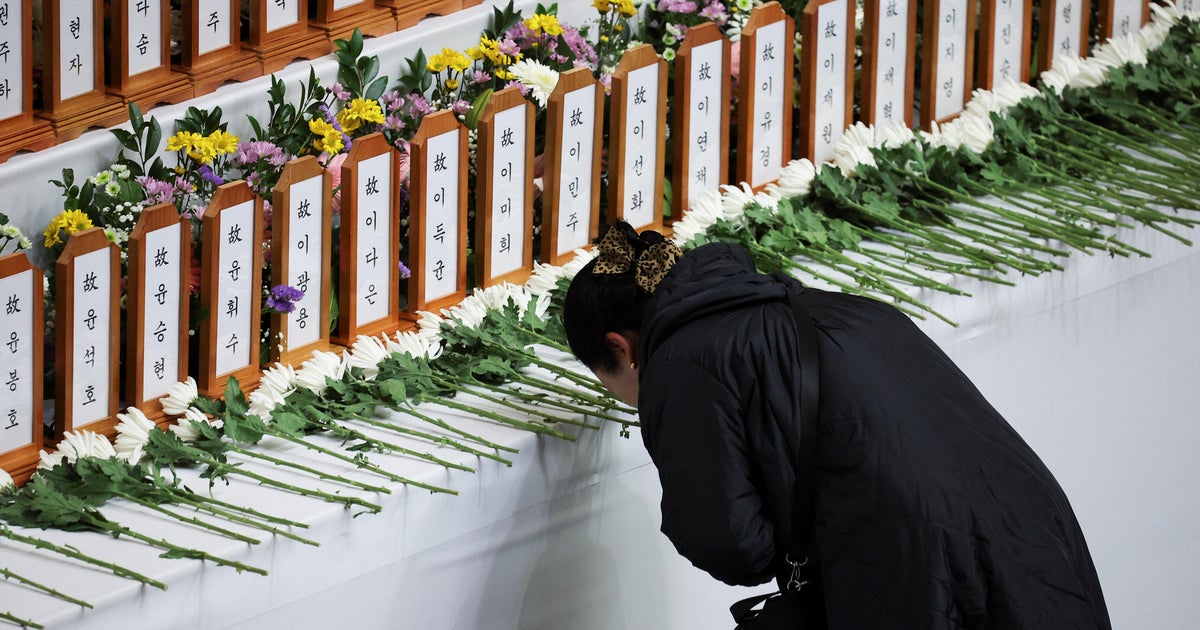Guatemala to resume receiving deportees from U.S. even with asylum deal on hold over coronavirus
The Guatemalan government announced Thursday morning it would again receive deportation flights from the U.S., two days after it suspended them over concerns about the coronavirus pandemic.
On Tuesday, officials in Guatemala City moved to block the flights, saying "adequate" sanitary protocols needed to be established with the Trump administration. Early Thursday morning, the country's foreign ministry said those protocols were in place and that U.S. immigration officials had agreed not to deport anyone to Guatemala with symptoms of the COVID-19.
Guatemala's government expects to receive a flight with 99 Guatemalan deportees Thursday, the foreign ministry said in a statement. After landing, all of them will be instructed to self-quarantine at home, the ministry added.
Thursday's announcement will likely come as a relief for the Trump administration as it continues trying to deter migrants at the U.S.-Mexico border. Although border apprehensions have declined from a surge last spring, Guatemala has been the largest source of migrants who trek north to the U.S. southern border in the past few years.
Despite agreeing to receive its own deported nationals, the Guatemalan government said removals of Salvadoran and Honduran migrants to Guatemala under its "Asylum Cooperative Agreement" with the Trump administration would remain suspended. Those deportations will resume, the foreign ministry said, after the Guatemalan government ends its coronavirus-linked "state of calamity."
Under the deal with Guatemala, one of the separate agreements the administration forged with the three countries in Central America's "Northern Triangle," the U.S. has sent more than 930 Honduran and Salvadoran asylum-seekers, including 357 children, to Guatemala.
Migrants subjected to the agreement, which is being challenged in court, are denied the opportunity to apply for any U.S. humanitarian protection at the U.S.-Mexico border. Once in Guatemala, they must choose between two options: try to seek refugee status through the skeletal Guatemalan asylum regime or return to their native countries. The vast majority have chosen the latter option, and Guatemala's asylum system is currently processing only 20 requests for protection.
Thursday's announcement also comes hours after President Trump confirmed his administration is planning to implement unprecedented measures to block the entry of certain migrants and asylum-seekers at the U.S.-Mexico border in response to the pandemic.




